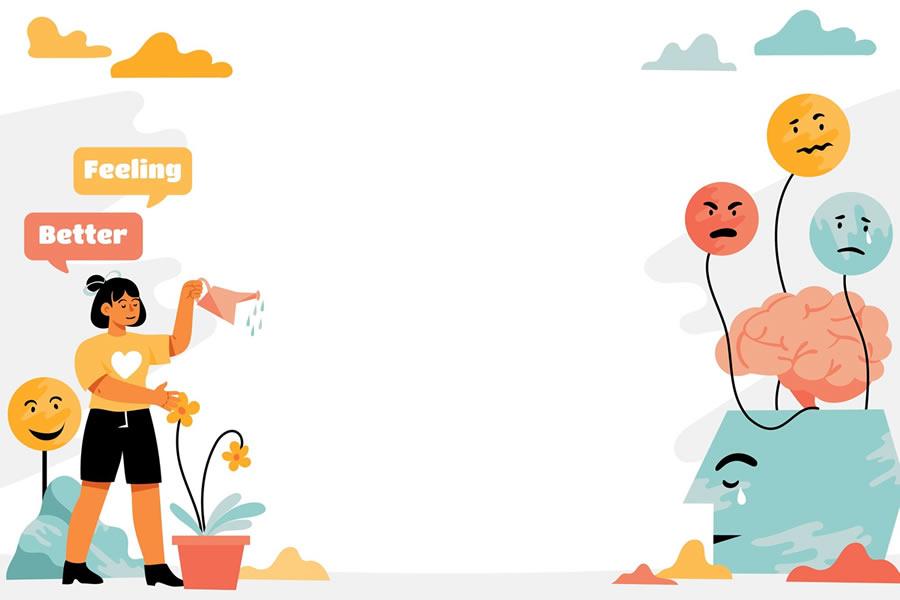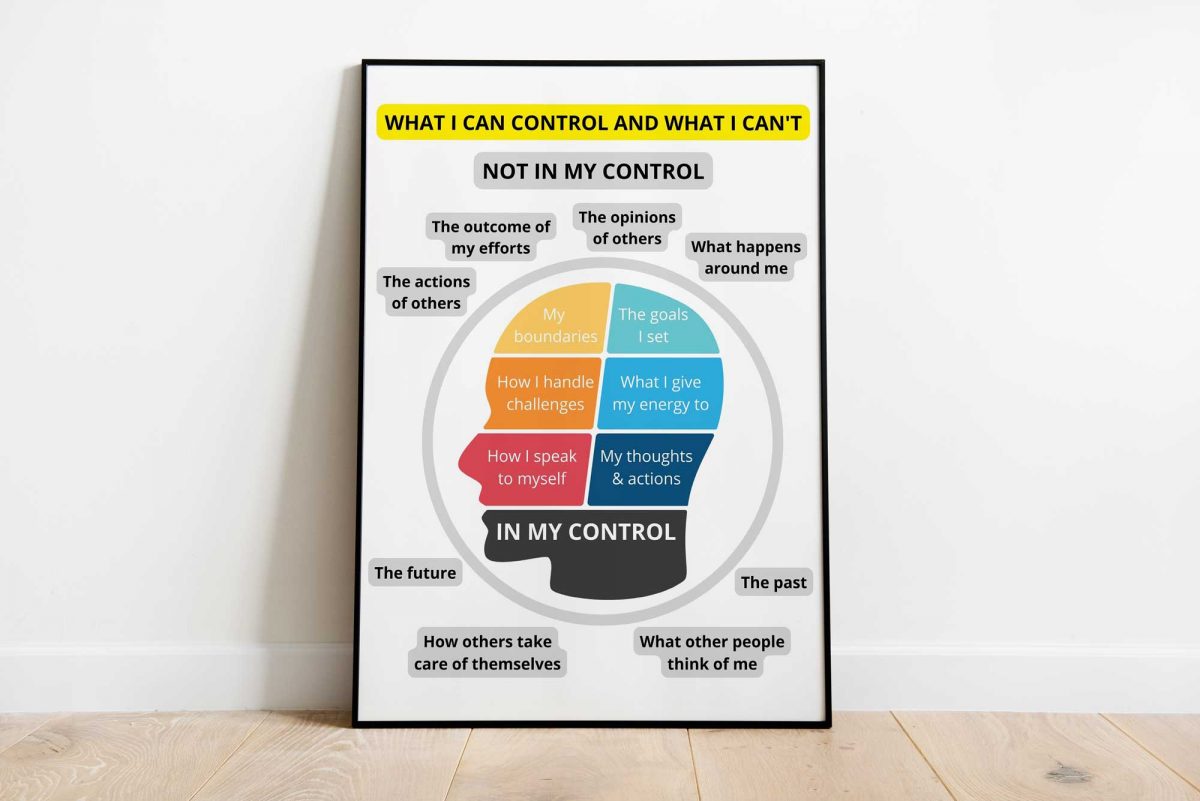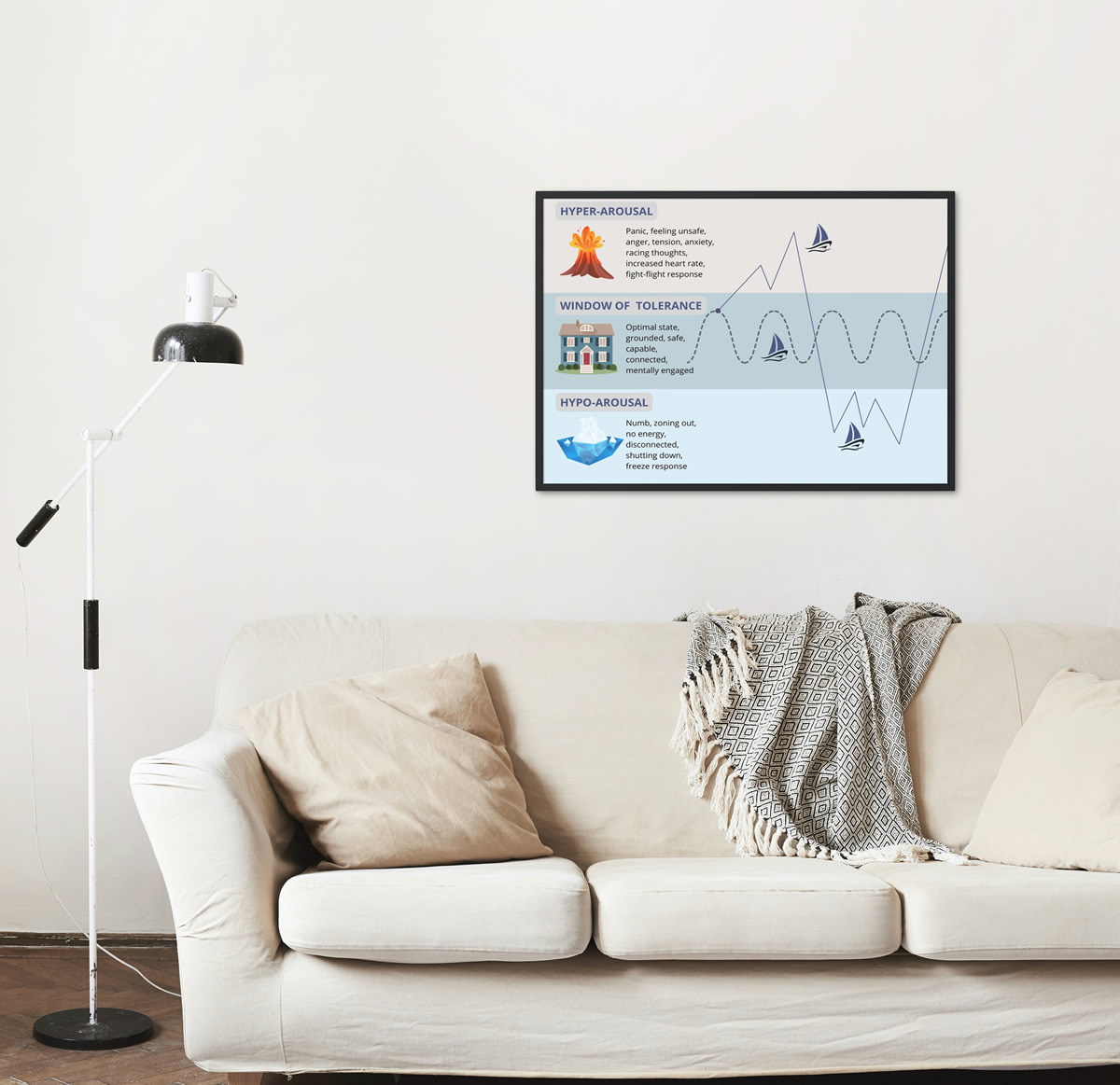Ways to Improve Emotional Regulation
Improving emotional regulation is essential for maintaining mental health and fostering positive relationships. Here are some effective ways to enhance emotional regulation:
- Mindfulness and Meditation: Mindfulness practices help you stay present and aware of your emotions without overreacting or becoming overwhelmed. Meditation can calm the mind and improve your ability to regulate emotions.
- Deep Breathing Techniques: Breathing exercises can help calm the nervous system and reduce the intensity of emotional responses. Techniques like diaphragmatic breathing or box breathing are particularly effective.
- Cognitive Behavioral Therapy (CBT): CBT is a form of therapy that helps in changing negative thought patterns that contribute to emotional dysregulation. It involves identifying and challenging irrational beliefs and developing healthier thinking patterns.
- Physical Activity: Regular exercise can have a positive impact on mood and emotional well-being. It helps reduce stress, anxiety, and depression, which are often linked to emotional dysregulation.
- Healthy Sleep Habits: Adequate and quality sleep is crucial for emotional regulation. Poor sleep can exacerbate emotional reactivity and mood swings.
- Developing Emotional Awareness: Being able to identify and understand your emotions is the first step in regulating them. Keeping an emotion journal can be a helpful tool in increasing emotional awareness.
- Positive Social Interactions: Engaging in positive social activities and maintaining healthy relationships can provide emotional support and reduce feelings of isolation.
- Practicing Gratitude: Focusing on positive aspects of life and practicing gratitude can improve your overall emotional state and resilience.
- Setting Boundaries: Learning to say no and setting healthy boundaries in personal and professional life can prevent emotional burnout.
- Self-compassion: Being kind to yourself, acknowledging your struggles without judgment, and understanding that everyone experiences challenging emotions can be crucial in emotional regulation.
Remember, improving emotional regulation is a process that takes time and practice. It might be beneficial to seek support from a mental health professional if you find it challenging to manage your emotions effectively.







